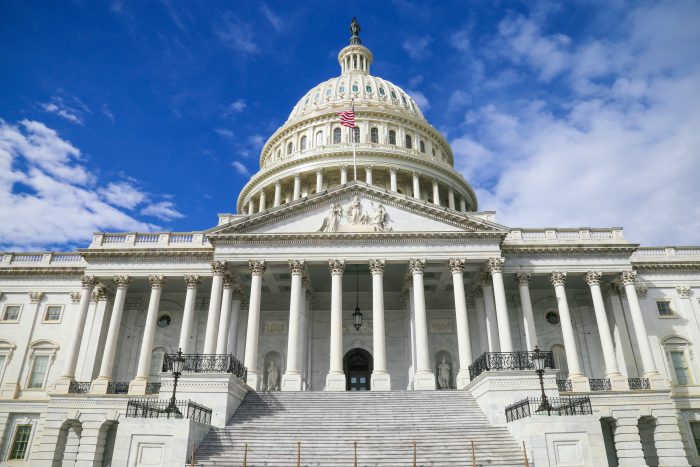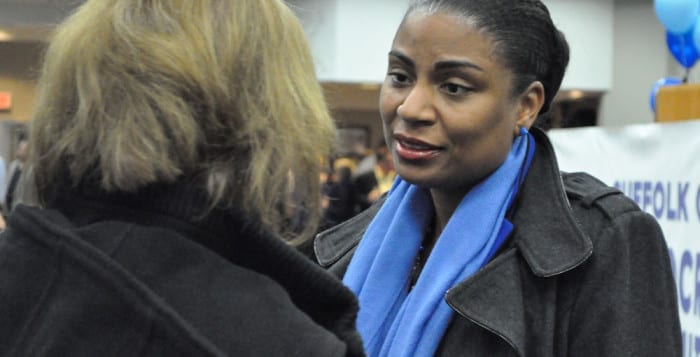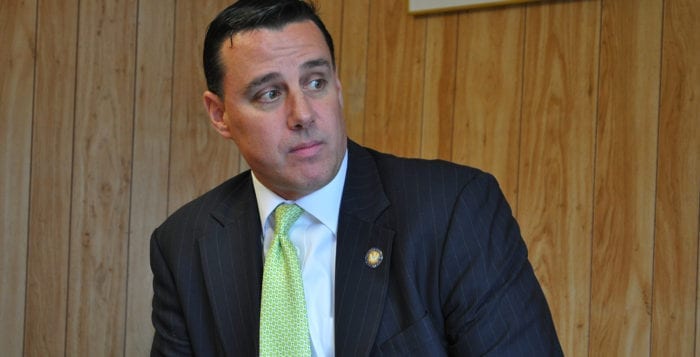By Daniel Dunaief

Fear sells. It’s as true when companies are urging people to buy products to protect themselves, families, homes and cars as it is when politicians are trying to scare you into voting for them or, just as importantly, voting against their opponent.
Sure, they make some effort to suggest that their policies will help you, but they spend considerably more time showing unnerving images of what might happen if you vote for the other team.
One side suggests that a vote for the other candidate could mean the end of democracy, elections and a host of freedoms, while the other suggests that a vote for the other side could mean an end to the world.
Whatever you believe, we have clearly reached an extreme of brinkmanship.
On top of that, the news is filled with stories and images of murder and mayhem.
These days, all you need to do is turn on your phone and someone, somewhere, is struggling, threatened, or dying.
On top of that, people are sharing concerns about existential threats to the future, with global warming and declines in the food and water necessary to sustain the population.
Regardless of where people check in with the information of the day, threats lurk around every corner.
It’s no wonder that mental health has declined. The world is a place with dark shadows and horrifying possibilities.
Happily ever after has become the launching pad for fractured fairy tales, where couples can’t find affordable homes and, even if they did, couldn’t carry the mortgage.
This mental health strain and the difficulty of disconnecting from a phone that shares these bad news bulletins in constant alerts may be contributing to the record low fertility rate for the country reported this spring in the National Center for Health Statistics at the CDC.
Specifically, the rates declined for women aged 20 to 39, hitting a record low for women between 20 and 24.
There are numerous other reasons people are foregoing the spectacularly rewarding and challenging decision to have children. Yes, men and women are pursuing careers.
And, yes, people may be more confident and comfortable having children later, putting off the life-altering decision until after a set of vacations, a work milestone or other goals.
But to know exactly why any one or group of people are making the decisions they do requires more than statistics or even surveys. When people answer questions in a survey, they sometimes offer the kinds of replies that look good or that the questioner expects.
I spoke anecdotally with a few 50’ish parents and some children around 30 and got a range of responses about the decision to have or not have children.
Both sides suggested that developing careers made it tougher to start a family. Parents, some of whom seemed eager to have grandchildren, expressed some frustration and, perhaps, judgement, about the decisions of their children and step-children.
Some of the younger crowd said their friends didn’t receive much parenting help from their partners, making the task of raising children more difficult and exhausting and dissuading them and their friends.
They also shared concerns about the high cost of raising children.
One of the younger set added that her mother had been dealing with a lifelong illness and that she had caretaking responsibilities from the time she was young. Her mother continues to need medical and family attention, which she said has made caring for a child less appealing.
One of the younger set asked me what I thought about being a parent. It has filled me with unbelievable joy, affection, love, and laughter and has helped me understand my own parents and grandparents better. Of course, we’ve had our share of challenges interspersed with stomach dropping moments.
Not to blame the media entirely, as I work and live inside that profession, but I feel like the nonstop stream of information, stories, videos, and social media shaming has left people feeling vulnerable and exhausted.
Parenting requires energy and optimism. When people lose sleep, they don’t have much energy and, if they look at their phones, they risk losing their hold on optimism.
If we want to encourage this generation to continue the chain, we should let them know when they’re ready and when they ask, about the amazing and fulfilling moments, large and small, that make parenting the role of a lifetime.











